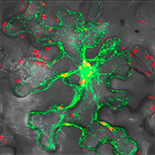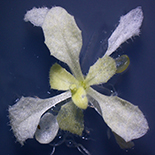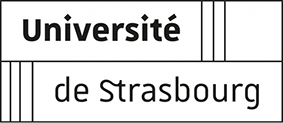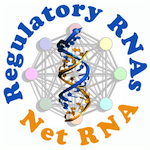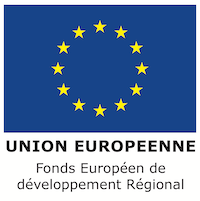Our team is interested in the mechanisms controlling the maintenance, segregation and repair of the mitochondrial genome (mtDNA) of plants, as well as in the processes of anterograde (nucleus to organelles) and retrograde (organelles to nucleus) regulation of mitochondrial gene expression.
Mitochondria of higher plants have large size genomes with a dynamic structure resulting from recombination events. These recombination mechanisms are necessary for the replication and stoichiometric segregation of the mitochondrial genetic information, but their activities are also responsible for the rapid structural evolution of the plant mtDNA. In addition, the oxidative environment generated by the respiratory chain constantly challenges the maintenance of the mtDNA, requiring efficient DNA repair pathways. We are especially interested in recombination-dependent repair, but also in base excision repair (BER) or nucleotide excision repair (NER). We investigate these processes, and the factors involved, using genetic, genomic, biochemical and cell biology tools available for the model plant Arabidopsis.
To study the processes of mitochondrial genetic regulation and coordination with the nucleus, we have developed an original strategy allowing inducible knock down of individual mitochondrial RNAs. This approach enables us to analyze the dynamics of the response to a sudden change in the regular balance of the mitochondrial transcriptome, whereas a classical mutant would on the contrary be representative of a new established balance.
Pour l’étude des processus de régulation génétique mitochondriale et de coordination avec le noyau, nous avons développé une stratégie originale permettant d’invalider de façon inductible des ARN mitochondriaux individuels. Cette approche nous permet d’analyser la dynamique de la réponse à un changement brutal dans l’équilibre normal du transcriptome mitochondrial, tandis qu’un mutant classique serait au contraire représentatif d’une nouvelle situation d’equilibre.

